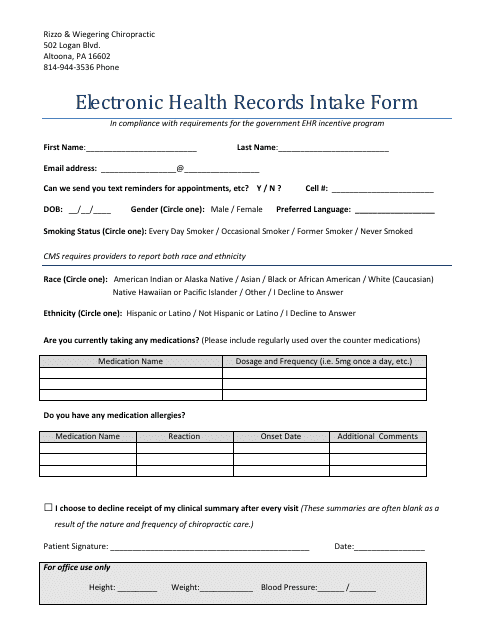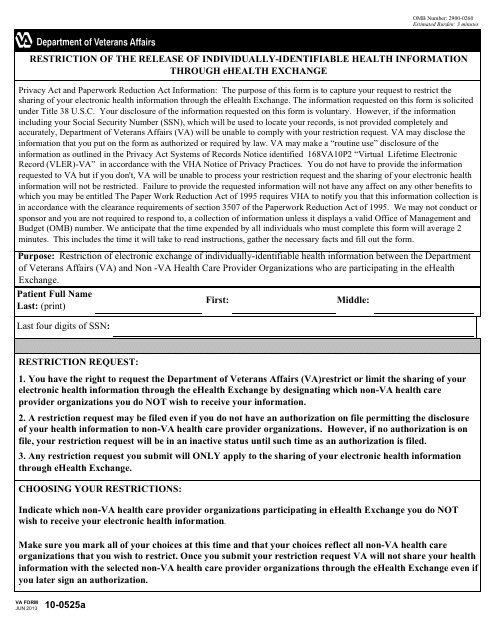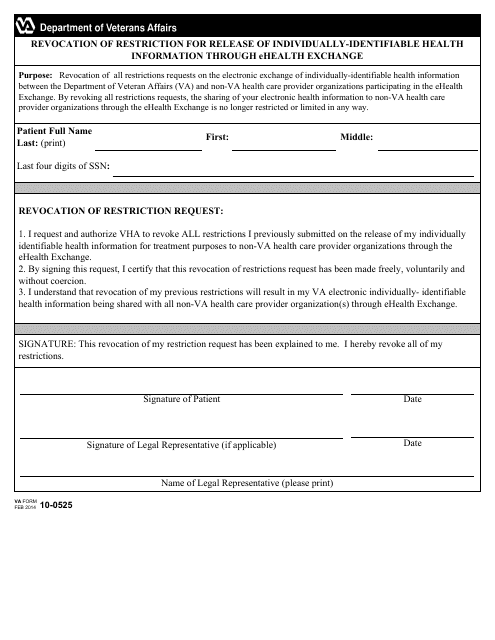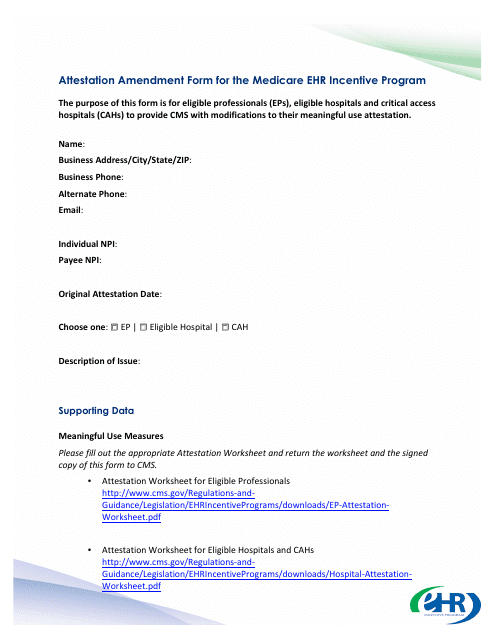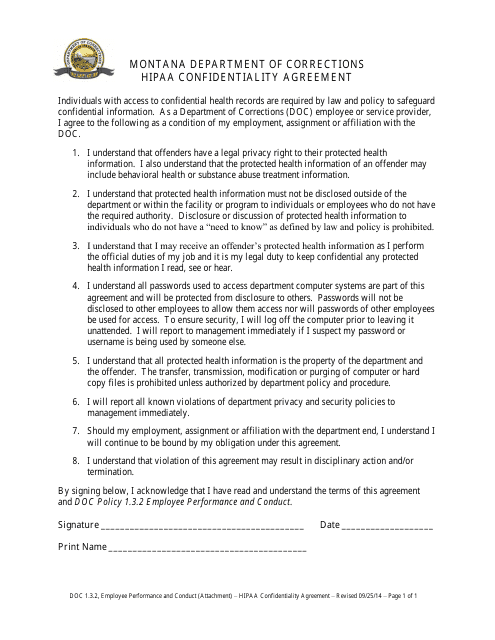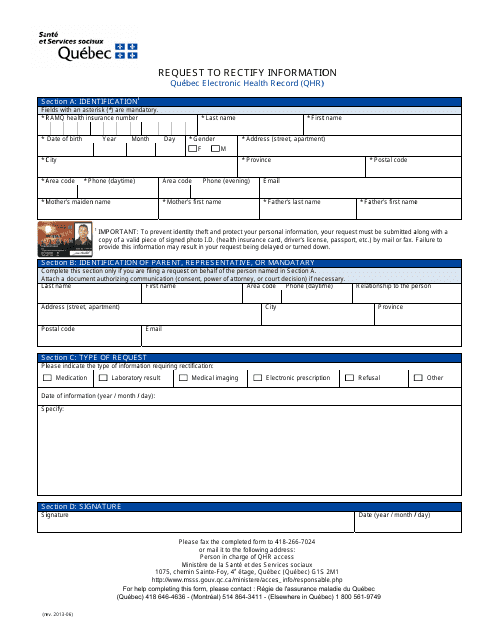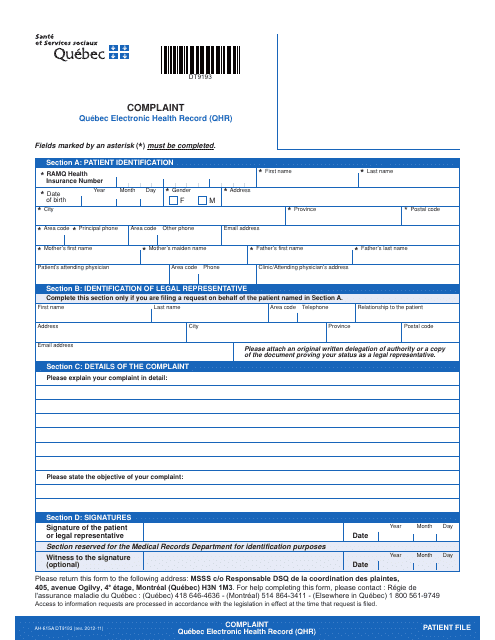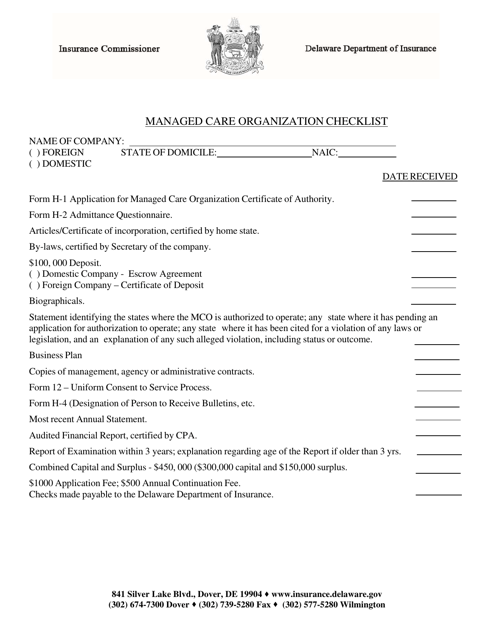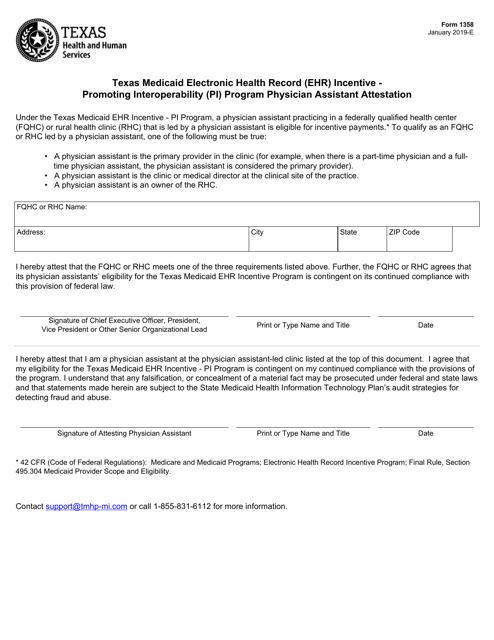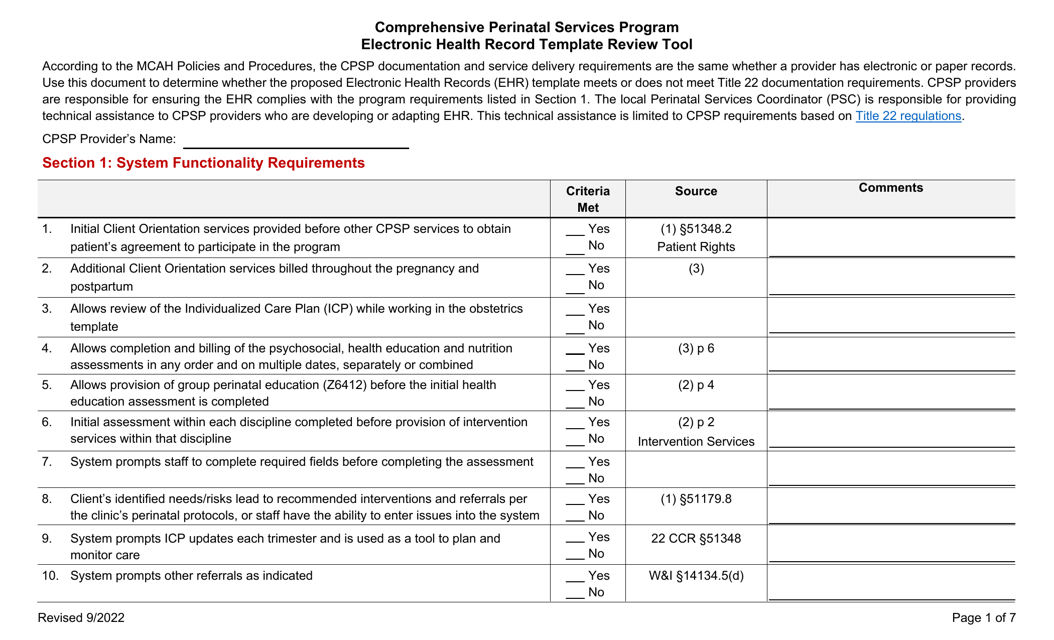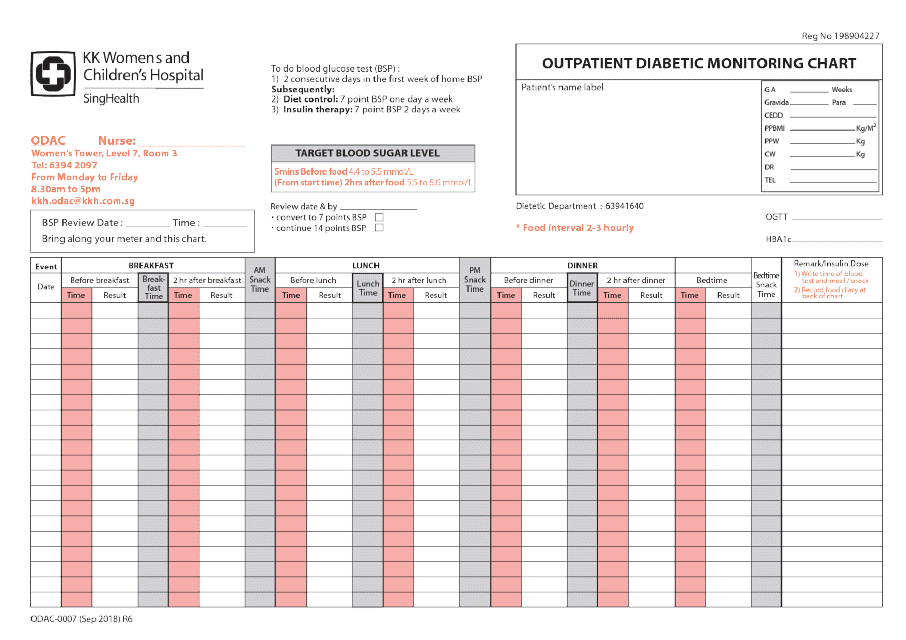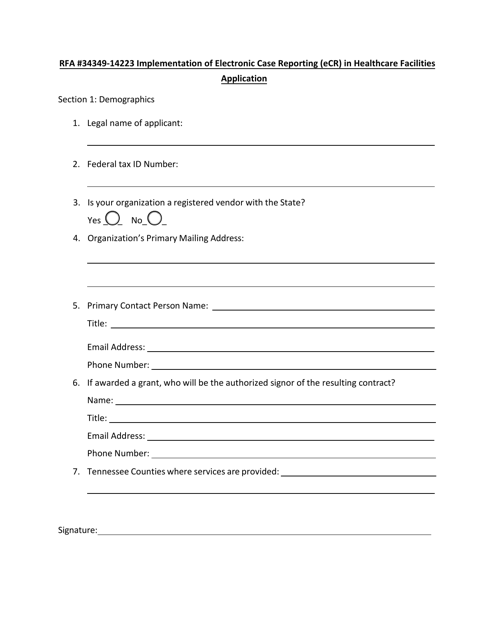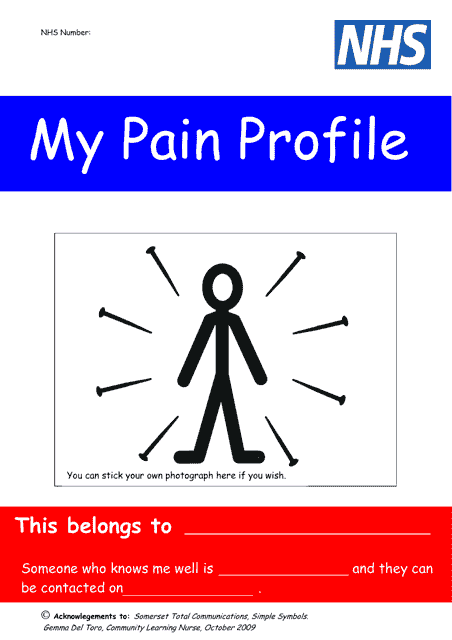Electronic Health Records Templates
Electronic Health Records (EHRs) are an essential component of modern healthcare. These digital systems have revolutionized the way patient information is recorded, stored, and accessed. EHRs provide a comprehensive and real-time view of a patient's medical history, allowing healthcare providers to make more informed decisions and deliver better quality care.
Also known as electronic medical records (EMRs), EHRs are designed to streamline medical workflows and improve patient outcomes. With EHRs, healthcare professionals can easily track patient diagnoses, treatments, medications, and test results, resulting in more accurate diagnoses, reduced medical errors, and improved coordination of care.
EHRs offer numerous benefits for both patients and healthcare providers. Patients can conveniently access their medical records online, allowing them to take an active role in their healthcare. EHRs also facilitate the sharing of patient information between different healthcare settings, ensuring that healthcare providers have access to complete and up-to-date information.
In addition, EHRs play a crucial role in supporting research and population health management. Researchers can aggregate and analyze anonymized EHR data to identify trends, patterns, and potential areas for improvement in healthcare delivery. Public health officials can also leverage EHRs to monitor and respond to health emergencies more efficiently.
As the use of EHRs becomes more prevalent, there is a growing need for standardized documentation and protocols. Various forms and templates are available to facilitate the recording of specific patient information or attestations. Examples include attestation amendment forms for Medicare EHR incentive programs, confidentiality agreement forms for HIPAA compliance, and various state-specific Medicaid EHR incentive forms.
Overall, EHRs are a cornerstone of modern healthcare, enabling better communication, improved coordination of care, and enhanced patient outcomes. With the transition from paper-based records to electronic systems, healthcare organizations can streamline their operations, reduce costs, and deliver more efficient and personalized care to their patients.
Documents:
13
This form is used for gathering electronic health records for patients at Rizzo & Wiegering Chiropractic.
This form is used for requesting restrictions on the release of individually-identifiable health information through the EHealth Exchange.
This form is used to revoke the restriction for the release of individually-identifiable health information through the Ehealth Exchange.
This Form is used for making changes or amendments to the attestation for the Medicare EHR Incentive Program.
This document is a confidentiality agreement form specific to the state of Montana. It is used in accordance with the Health Insurance Portability and Accountability Act (HIPAA) to ensure the protection of personal health information.
This form is used for requesting to rectify information in the Quebec Electronic Health Record (QHR) in Quebec, Canada.
This document is a complaint form to report issues with the Quebec Electronic Health Record system in Quebec, Canada. It allows residents to lodge complaints regarding the QHR system.
This checklist is used for managed care organizations operating in the state of Delaware. It includes requirements and guidelines for compliance and best practices in managing care for patients.
This document is for Physician Assistants in Texas who want to participate in the Medicaid Electronic Health Record (EHR) Incentive - Promoting Interoperability (PI) Program. It is a form used to attest their eligibility for certain incentives and benefits.
This document is a review tool for the Electronic Health Record template used in the Comprehensive Perinatal Services Program in California. It helps evaluate the effectiveness and efficiency of the template for recording and managing the health records of pregnant women and infants in the program.
This document is used for tracking and monitoring the health of diabetic patients who receive outpatient care. It helps healthcare providers keep track of important information such as blood sugar levels, medication schedules, and dietary habits.
This document describes the implementation of Electronic Case Reporting (ECR) in healthcare facilities in Tennessee. ECR is a digital system used for reporting and monitoring cases of communicable diseases and other public health issues. It aims to improve the efficiency and accuracy of reporting, helping to identify and respond to outbreaks more effectively.
This document is a patient profile used by the NHS (National Health Service) in the UK. It contains important information about a patient's medical history, current medications, allergies, and contact details.

